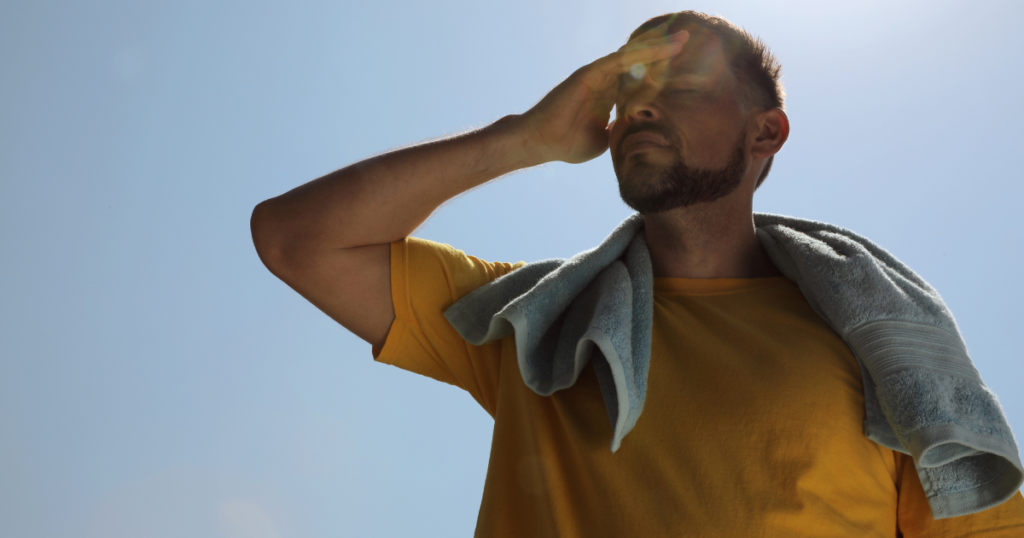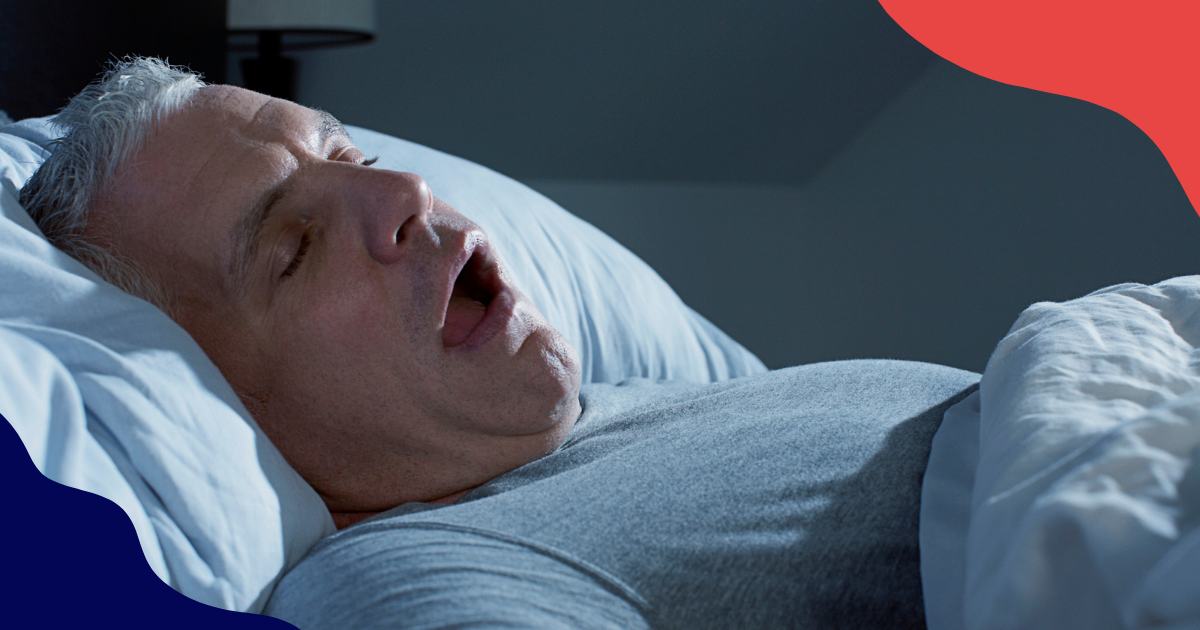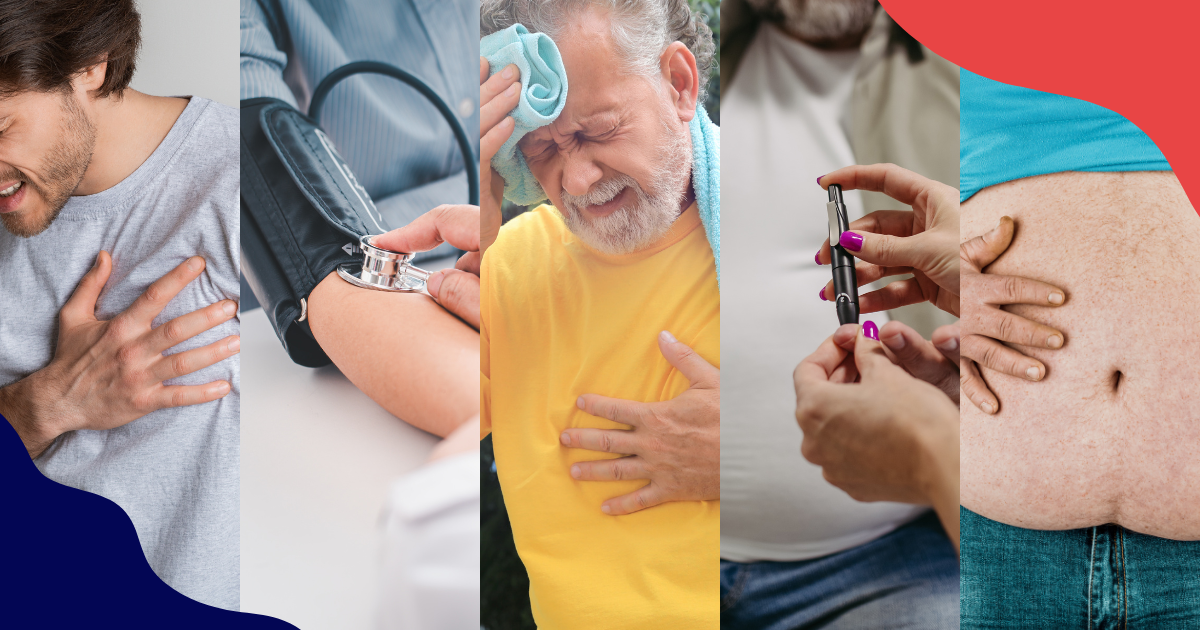Erectile dysfunction is a sexual health dysfunction that affects a large portion of the male population. According to an article published by the National Library of Medicine, approximately one out of three New Zealand men aged 40 to 70 years old suffer from erectile dysfunction.
Aging and the health risks that come with it are the most common causes of ED. Age-related health conditions such as diabetes, heart disease, stroke, hypertension, and high cholesterol increase the risk of developing ED. There are also claims that dehydration causes erectile dysfunction. Can dehydration cause erectile dysfunction? Let’s take a closer look at the connection between dehydration and erectile dysfunction.
Dehydration and erectile dysfunction
Does dehydration cause erectile dysfunction? Yes, dehydration causes erectile dysfunction, but only indirectly. There is no such thing as dehydration erectile dysfunction. Instead, some health issues caused by chronic dehydration increase the risk of having erectile dysfunction.
Reduced blood volume
Dehydration affects the human blood in many ways. One negative effect of dehydration is it causes reduced blood volume in the human body. This medical condition is called hypovolemia. When a person gets dehydrated, there is less fluid in the body, including water. Around 92% of blood plasma is water, so the less water in your body, the less blood you will have.
Reduced blood volume due to dehydration impairs blood circulation and can lead to erectile dysfunction. You see, the thickness of the blood inside your body affects how it circulates. Thick blood is harder to circulate. Think of it as drinking something through a straw. Soda has a thinner volume, so you can easily sip it through a straw. A smoothie is thicker, and you need to exert more effort to sip it through a straw. The same goes for your blood. If you have thicker blood and less blood volume, your heart needs to work harder to make sure that blood circulates properly. Slower blood circulation also strains your heart and blood vessels, making them work harder than normal.
Low blood pressure
Reduced blood volume causes your blood pressure to drop. Blood pressure is the amount of force that the blood inside your body exerts on the walls of your arteries and veins. Your blood pressure is considered low if it is lower than 90/60 mm Hg. When you have low blood pressure, there might not be enough force to allow you to achieve and sustain an erection.
Hormonal effects
Dehydration can lead to hormonal imbalance. Water is crucial to the human body. When the body lacks sufficient water, the human body knows that it is in trouble. This triggers a stress response, causing cortisol levels to rise. Cortisol is called the “stress hormone” because of the vital role it plays in the body’s immune response.
Does dehydration affect erectile dysfunction by affecting your hormones? Yes, it does. The hormones cortisol and testosterone have an inverse relationship. An increase in cortisol levels results in low levels of the hormone testosterone. This inverse relationship is because of the body’s innate survival instincts. Testosterone is the hormone responsible for developing male characteristics such as muscle mass, bone density, and sperm production. It is also the hormone responsible for regulating sexual desire or libido. Testosterone levels drop when cortisol levels rise because the human body will prioritise immune response and survival over sexual desire and reproduction.
Dehydration also triggers the release of the hormone Angiotensin II. When you are dehydrated, your kidneys release Angiotensin II. This hormone promotes fluid balance through vasoconstriction or the narrowing of the blood vessels. The narrowing of the blood vessels helps your body maintain your blood pressure while allowing your body to conserve water. Constricted blood vessels mean less blood flows to the penis to get it erect.
Reduced energy
Can dehydration affect erectile dysfunction by reducing your energy? Dehydration causes a drop in your energy levels. As mentioned earlier, dehydration reduces blood volume and causes poor blood circulation. Poor blood circulation means that blood won’t be able to deliver nutrients and oxygen throughout the body and the brain.
Dehydration also forces the heart to work harder in order to deliver oxygen and vital nutrients throughout the body. Since the heart is handling more workload than normal, the heart will use more energy than usual.
Dehydration impairs the body’s ability to control its temperature. The body will also have a harder time handling physical tasks.
Engaging in sexual intercourse is a type of physical task. Less energy means that having sex might be too exhausting, so a man might have difficulty achieving an erection.

Mood impact
Dehydration negatively affects one’s mood. Dehydration causes brain cells to shrink. When this happens, brain cells cannot properly communicate with each other. This negatively affects mood-regulating neurotransmitters. Even a mild case of dehydration can cause feelings of fatigue, anger, confusion, stress, anxiety, and depression. An increase in these negative emotions can negatively affect intimacy and prevent erections. Imagine experiencing mood swings during sexual intercourse. Instead of being sexually aroused, the sudden surge of emotions such as anger and frustration can dampen the romantic atmosphere between you and your partner.
Dehydration symptoms
The physical symptoms of dehydration can also lead to erectile dysfunction. Common symptoms of dehydration include headaches, dizziness, and listlessness. These symptoms can distract you from performing your best during sexual intercourse. If left untreated, this might evolve into performance anxiety, which can lead to developing erectile dysfunction.
Managing erectile dysfunction due to dehydration
Dehydration is a serious health condition that requires immediate attention. So, what should you do if you are experiencing erectile dysfunction because of dehydration? Here are some ways to manage erectile dysfunction, dehydration, and their negative effects.
Know what causes dehydration
Understanding what causes dehydration is crucial in knowing how to manage it. Dehydration happens when you lose more fluids than you take in. Excessive fluid loss can be caused by certain health issues such as vomiting, diarrhea, or fever. You can also get dehydrated if you are constantly engaging in physically demanding activities without drinking enough water. You are also prone to dehydration if you are exposed to extreme hot weather, like if you are in a desert or a tropical environment.
Dehydration can also be a side effect of certain medications, such as diuretics. Diuretics are medications that result in excessive urine production. Since you are producing more urine than usual, you will need to pee more, resulting in excessive fluid loss.
Drinking plenty of fluids
The best way to fight dehydration is by taking in more fluids. Drink more water, but be sure to do it slowly. Drinking slowly allows your body to efficiently absorb water. Take small sips because gulping large amounts of water might upset your stomach. You might end up vomiting, which will cause you to lose more fluids. You can also replace lost fluids by eating rehydrating foods such as watermelon and cucumbers.
Replacing electrolytes
Drink oral rehydration solutions with electrolytes, such as sports drinks or Pedialyte. Electrolytes are minerals and important in ensuring proper cellular and organ function.

Getting medical attention
Seek medical attention if you still feel dehydrated after taking more fluids and electrolytes. Your doctor will most likely provide you with IV fluids to restore blood volume. This will also prevent organ failure that might be life-threatening.
If your dehydration is causing erectile dysfunction, make sure that you speak to a medical professional specialising in sexual health dysfunctions. Look for a licensed health expert who can develop a custom treatment for erectile dysfunction. Custom treatment is recommended because it treats not just ED but all underlying causes.
Book a free consultation for erectile dysfunction custom treatment
Men’s Health Clinic (MHC) specialises in providing custom treatment for ED tailored to each man’s unique health profile. We meticulously evaluate individual health factors and design a compounded treatment plan specifically for you, rather than relying on one-size-fits-all generic medications for ED.
Compounded treatments are personalised formulations created by experienced pharmacists by combining specific ingredients to suit your personal needs. This ensures maximum efficacy and fewer side effects compared to standard medications you can buy in stores.
If you’re ready to take control of your health, book a FREE consultation with our telehealth clinic today and learn how our custom solutions can redefine your well-being.
Final Thoughts
Dehydration and erectile dysfunction are intertwined because dehydration can cause erectile dysfunction. When you are dehydrated, you have reduced blood volume and are prone to hormonal imbalance. You also have less energy and are susceptible to mood issues. If you are experiencing dehydration, make sure that you consult a doctor immediately to avoid its negative effects from spilling into your bedroom.



